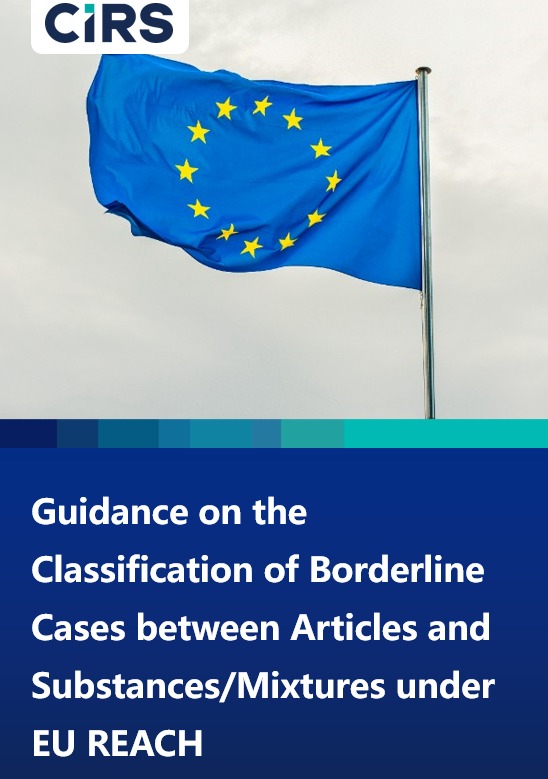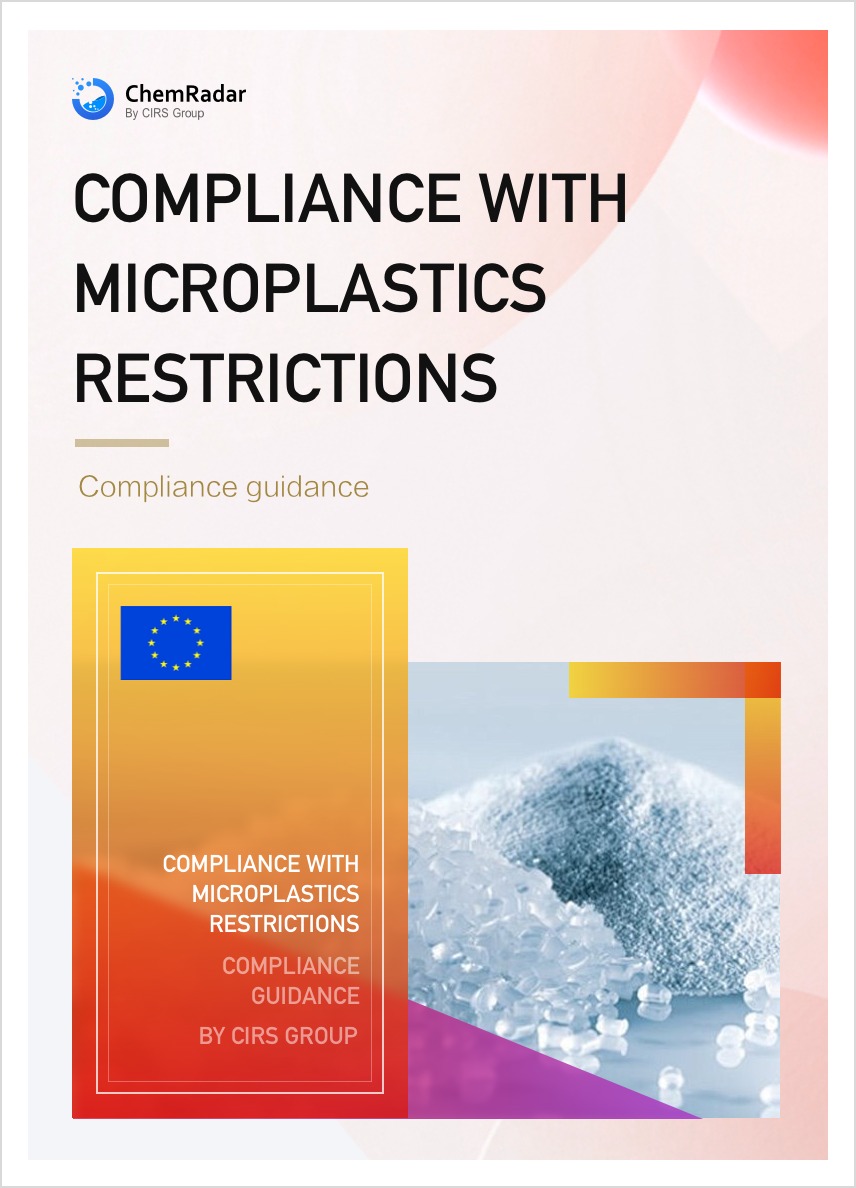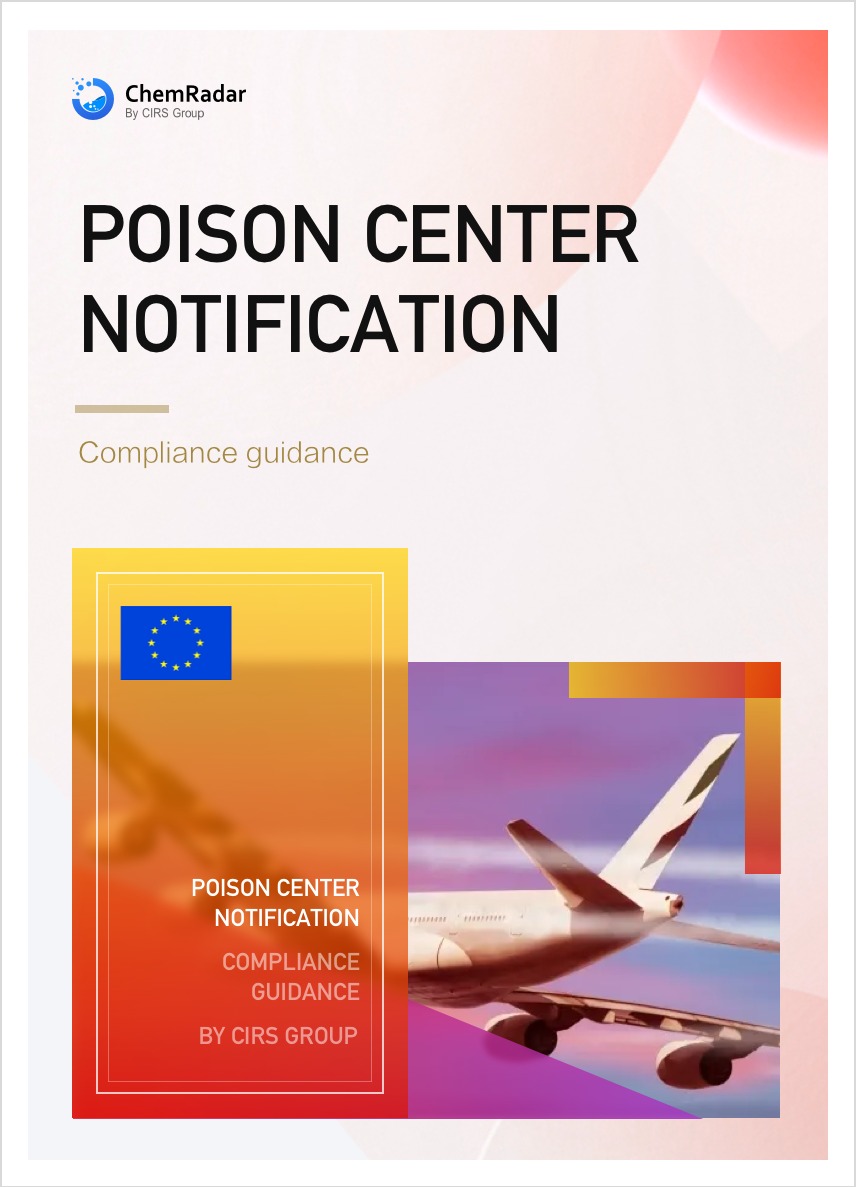Persistent organic pollutants (POPs) are organic substances that persist in the environment, accumulate in living organisms and pose a risk to our health and the environment. They can be transported by air, water or migratory species across international borders, reaching regions where they have never been produced or used. International risk management is required as no region can manage the risks posed by these substances alone.
The Persistent Organic Pollutants Regulation (EC) No 850/2004 was promulgated in 2004, bringing the persistent organic pollutants commonly used in various industrial and consumer goods fields into the regulatory control. On June 25, 2019, the European Union issued the new Persistent Organic Pollutants Regulation (EU) No 2019/1021, which came into effect on July 15, 2019, and the original Regulation (EC) No 850/2004 was abolished. Controlled substances include pesticides, flame retardants, perfluorinated compounds and other organic substances that persist in the environment, accumulate in organisms and pose a risk to health and the environment.
Any party to the Stockholm Convention, including the EU, can submit a proposal to add a new persistent organic pollutant to the annexes of the Convention. EU Member States can do this by submitting their proposals to the European Commission. Their proposals must enable the substance’s properties to be assessed against screening criteria listed in Annex D to the Convention.
If it decides to proceed with the proposal, the POPRC launches a global call for information related to potential risk management solutions, alternatives, socio-economic considerations and existing risk management measures.
Obligation requirements
The POPs Regulation aims to protect human health and the environment with specific control measures that:
- prohibit or severely restrict the production, placing on the market and use of POPs;
- minimise the environmental release of POPs that are formed as industrial by-products;
- make sure that stockpiles of restricted POPs are safely managed; and
- ensure the environmentally sound disposal of waste consisting of, or contaminated by POPs.
Substances subject to POPs Regulation
- Annex I to the regulation are subject to prohibition (with specific exemptions) on manufacturing, placing on the market and use;
- Annex II to the regulation are subject to restriction on manufacturing, placing on the market and use;
- Annex III to the regulation are subject to release reduction provisions; and
- Annex IV to the regulation are subject to waste management provisions.
Specific obligations are as follows:
- The holder of a stockpile, which consists of or contains any substance listed in Annex I or II, for which no use is permitted, shall manage that stockpile as waste.
- Member States shall communicate their action plans on measures to identify, characterize and minimize, with a view to eliminating where feasible as soon as possible, the total releases of substances listed in Annex III. Such action plans shall include measures to promote the development of, and, where it is considered appropriate, shall require the use of substitute or modified substances, mixtures, articles and processes to prevent the formation and release of substances listed in Annex III.
- Producers and holders of waste shall undertake all reasonable efforts to avoid, where feasible, contamination of this waste with substances listed in Annex IV.
Regulations and standards
► Stockholm Convention
► Aarhus Protocol
► Persistent Organic Pollutants
Regulatory authorities
► Enforcement Forum
► The Designated National Authorities of the EU Member States
Exemptions
Article 4 1(b) a substance present as an unintentional trace contaminant, as specified in the relevant entries of Annex I or II, in substances, mixtures or articles.
How to obtain the list?
- Click here to search for the latest inventory
- Search on the official website:
https://echa.europa.eu/nl/list-of-substances-subject-to-pops-regulation - Contact CIRS Group to purchase the latest version (in Excel)
If you have any questions, please contact us at chemicals@cirs-group.com.




